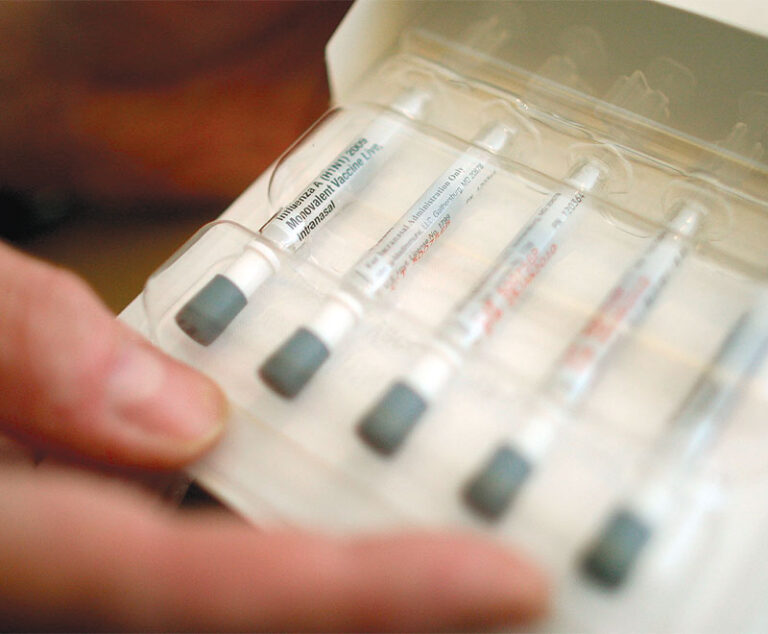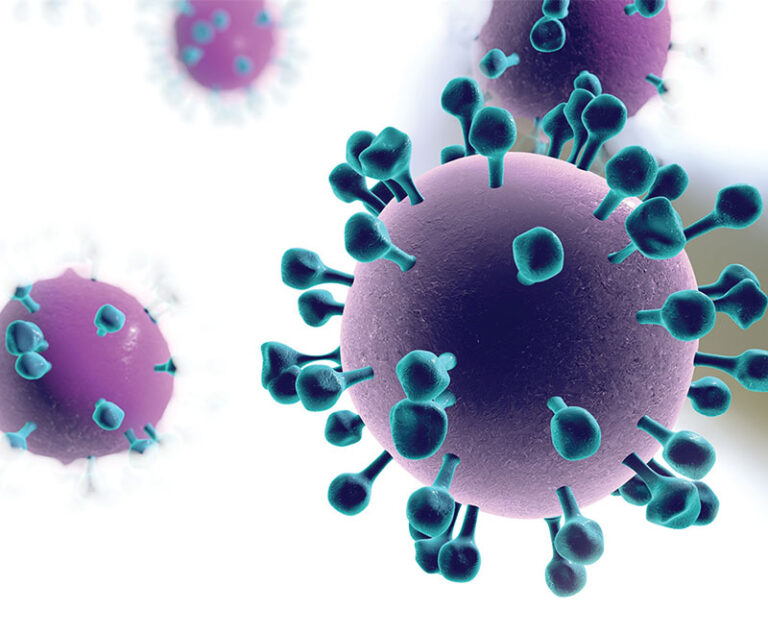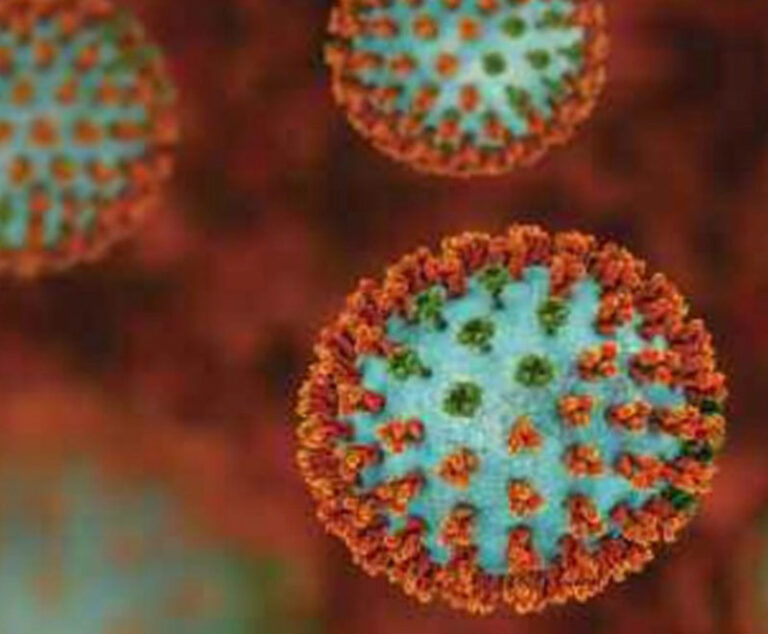Industry News
Research, Science & Manufacturer Updates
Influenza Articles
A new study shows pregnant women hospitalized in the ICU with flu are four times more likely to deliver prematurely and four-and-a-half times more likely to have a baby of low birth weight.
The Centers for Disease Control and Prevention's advisory committee has voted 12-2 to recommend FluMist, the nasal spray version of the influenza vaccine, be used during the 2018-19 influenza (flu) season.
New data shows cell-based and recombinant vaccines were more effective in the 2017-18 influenza (flu) season
A new study shows people with heart failure who receive a seasonal influenza (flu) vaccine have a 50 percent drop in the risk of death during flu season and a 20percent drop in the risk of death during the rest of the year.
The U.S. Food and Drug Administration’s (FDA) Vaccines and Related Biological Products Advisory Committee chose the Northern Hemisphere’s 2018-19 influenza (flu) vaccine strains based on the World Health Organization’s recommendations.
The Centers for Disease Control and Prevention’s Advisory Committee on Immunization Practices has updated its 2017-18 recommendations regarding the use of seasonal influenza (flu) vaccines and guidance for vaccine providers about the use of flu vaccines for the 2018-19 season.
FDA's Vaccines and Related Biological Products Advisory Committee chose the Northern Hemisphere’s 2018-19 influenza (flu) vaccine strains based on the World Health Organization’s recommendations.
The Centers for Disease Control and Prevention advisory committee has voted 12-2 to recommend FluMist, the nasal spray version of the influenza vaccine, be used during the 2018-19 influenza (flu) season.
Japanese drug maker Shionogi has created an experimental compound delivered via a single-dose pill that has been shown to effectively kill the influenza (flu) virus in patients within a single day.
Researchers at the University of Oxford have begun a two-year clinical trial to test a universal influenza (flu) vaccine in more than 2,000 patients.
With many reports about this year’s influenza (flu) vaccine ineffectiveness, a new study shows it is more effective than thought, especially among children.
Scientists at the National Institutes of Health, Frederick National Laboratory for Cancer Research and the University of Melbourne in Australia tested a new universal flu vaccine that produced good immunity against several different strains of influenza viruses.











